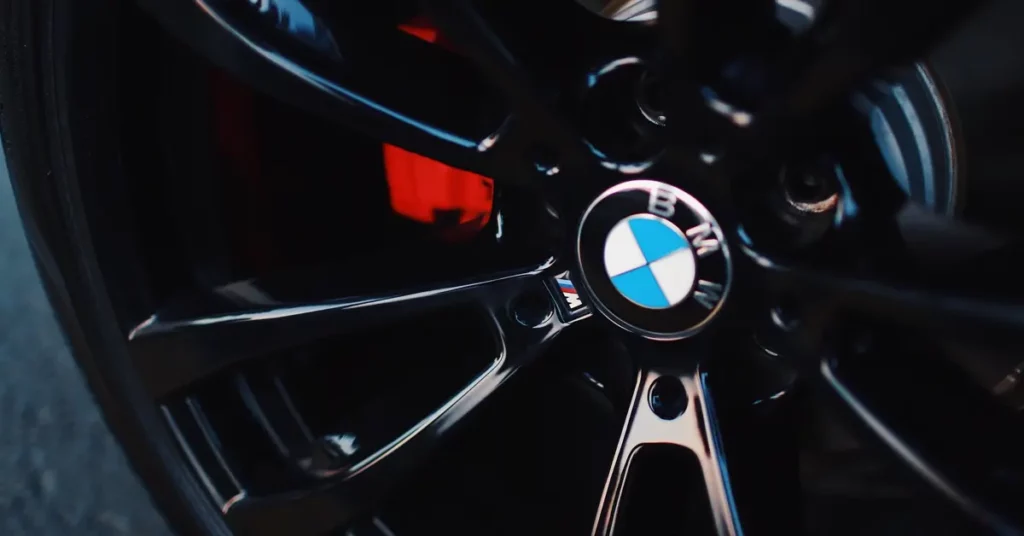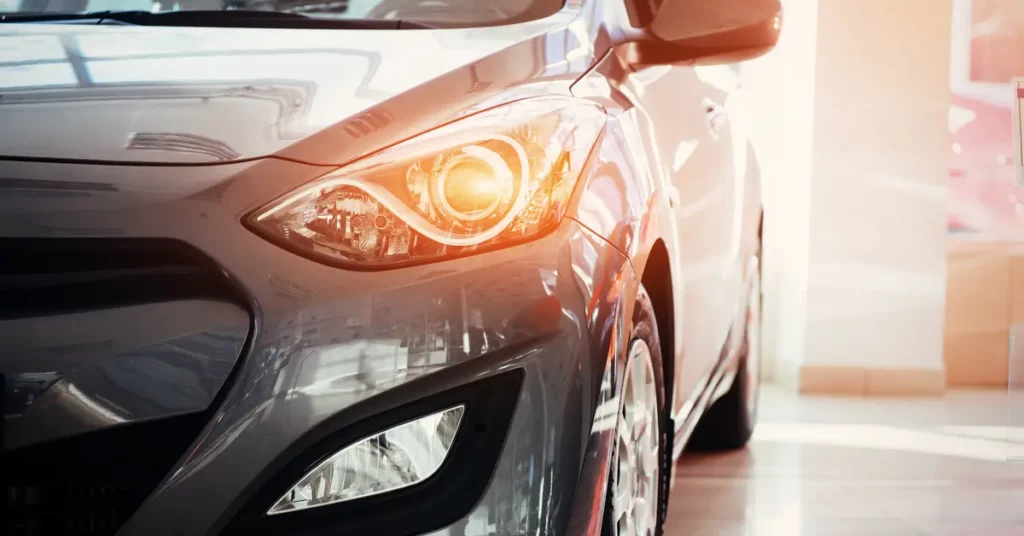
The Essential Guide to Effective 50,000 Miles Car Maintenance
As vehicles accumulate mileage, it becomes increasingly important to provide them with the necessary care and attention to ensure their longevity and optimal performance. Does my 50,000 miles car need maintenance? When your car reaches the 50,000 mile mark, it’s a critical juncture for maintenance and upkeep. In this comprehensive guide, we will outline the essential steps and considerations for maintaining your vehicle’s health at this milestone. We will provide you with valuable insights and tips to keep your car running smoothly for many more miles.
Regular Fluid Checks and Changes
Fluids are the lifeblood of your car’s engine and various systems. To maintain optimal performance and prevent potential issues, regular fluid checks and changes are imperative. 50,000 Miles Car Maintenance necessity means paying special attention to the following fluids:
- Engine Oil: Regularly inspect the engine oil level and color. Consider changing the oil and oil filter to maintain proper lubrication and prevent the buildup of harmful contaminants.
- Transmission Fluid: Check the transmission fluid level and condition. If necessary, replace the fluid according to the manufacturer’s recommendations. Fresh transmission fluid ensures smooth gear shifting and prolongs the lifespan of your transmission.
- Coolant: Inspect the coolant level and condition. Top up or replace the coolant as needed. Proper cooling system maintenance prevents overheating and protects the engine from potential damage.
- Brake Fluid: Verify the brake fluid level and quality. If the fluid appears dark or contaminated, have it flushed and replaced. Clean brake fluid ensures optimal braking performance and longevity of the brake system.
- Power Steering Fluid: Check the power steering fluid level and color. If necessary, top up or replace the fluid to maintain smooth steering operation.

Engine Air Filter Replacement
The engine air filter plays a crucial role in preventing dust, debris, and other particles from entering the engine. Over time, it can become clogged, hindering airflow and compromising engine performance. To ensure optimal combustion and efficiency, it is recommended to replace the engine air filter around the 50,000-mile mark. A clean air filter enhances engine performance, fuel efficiency, and prolongs the life of other engine components.
Spark Plug Inspection and Replacement
Spark plugs are essential for igniting the air-fuel mixture in the engine cylinders. Over time, spark plugs can wear out, resulting in misfires, reduced fuel efficiency, and rough idling. Inspecting and potentially replacing the spark plugs at the 50,000-mile mark is crucial for maintaining optimal combustion and overall engine health. Consult your vehicle’s manual for the recommended spark plug replacement interval and consider using high-quality spark plugs for improved performance.
Tire Maintenance
Proper tire maintenance is vital for safety, performance, and longevity. Here are some key aspects to consider:
- Tire Pressure: Regularly check the tire pressure using a reliable pressure gauge. Inflate the tires to the manufacturer’s recommended levels. Correct tire pressure ensures optimal fuel efficiency, even tire wear, and improved handling.
- Tire Tread Depth: Inspect the tire tread depth periodically. As the tread wears down, it affects traction and handling, especially in wet or slippery conditions. Consider using a tread depth gauge to measure and ensure that the tires meet the legal tread depth requirements.
- Tire Rotation: Rotate the tires at regular intervals, typically every 5,000 to 8,000 miles. Tire rotation promotes even wear and extends the overall tire life. Follow the recommended rotation patterns provided by the vehicle manufacturer.
- Wheel Alignment: Have the wheel alignment checked by a professional. Misaligned wheels can cause uneven tire wear, vehicle pulling, and compromised handling. Aligning the wheels ensures optimal tire performance and extends their lifespan.
Brake System Inspection
The braking system is a critical component of your vehicle’s safety. When you need 50,000 Miles Car Maintenance , it is important to have a thorough brake system inspection performed by a qualified technician. The inspection should include:
- Brake Pads: Check the condition of the brake pads. Worn-out brake pads can compromise braking efficiency and potentially damage other brake system components. Replace the brake pads if they are worn beyond the recommended thickness.
- Brake Rotors: Inspect the brake rotors for signs of excessive wear, scoring, or warping. If necessary, resurface or replace the brake rotors to ensure smooth and effective braking.
- Brake Fluid: Verify the brake fluid level and quality. If the fluid appears discolored or contaminated, it is recommended to have the brake fluid flushed and replaced. Fresh brake fluid maintains optimal braking performance and protects the brake system from corrosion.

Suspension and Steering Components
The suspension and steering systems contribute to the comfort, stability, and control of your vehicle. As your car reaches the 50,000-mile mark, it’s essential to have the suspension and steering components inspected. This includes:
- Shock Absorbers and Struts: Check the condition of the shock absorbers and struts. Worn-out or damaged components can lead to a rough ride, decreased stability, and increased braking distances. Consider replacing them if necessary.
- Ball Joints and Bushings: Inspect the ball joints and bushings for signs of wear or looseness. Damaged or worn-out ball joints and bushings can affect steering response and overall vehicle control. Replace them as recommended by the manufacturer.
- Steering Linkage and Components: Check the steering linkage, tie rod ends, and other steering components for any signs of damage or play. Properly functioning steering components ensure accurate steering and maneuverability.
Battery Health Check
The battery is responsible for starting the engine and powering various electrical systems in your car. As it ages, its performance may deteriorate, leading to starting issues and electrical malfunctions. With around 50,000 Miles Car Maintenance, it is wise to have a professional check your battery’s health. They can perform a battery load test to assess its capacity and overall condition. If needed, replace the battery to avoid unexpected breakdowns and electrical issues.
Take the safety measures along with maintenance
A Smart Keyless keeper is an electronic chip that is installed in the key fob and covers the battery from both sides and the motion sensor detects the motion to turn it on or off. It is specially designed as a blocker for keyless boosters which are widely used for hacking, they interfere with communications between automobile and key fob, mimic signals and help criminals for a keyless relay attack. is an outstanding invention against a key fob relay attack because it acts against the unethical device participating in this attack. The device consists of a 3D motion sensor, LED indicator, microprocessor, and flexible base. It effectively deactivates the key fob when it is motionless to make sure that crooks cannot steal your car when you sleep.
Conclusion
Maintaining your car’s health at the 50,000-mile mark is crucial for ensuring its longevity, performance, and safety. By following these essential maintenance steps, including regular fluid checks and changes, engine air filter replacement, spark plug inspection and replacement, tire maintenance, brake system inspection, suspension and steering component checks, and battery health assessments, you can keep your vehicle running smoothly for many more miles to come. Remember, proactive and regular maintenance is key to avoiding costly repairs and ensuring a comfortable and reliable driving experience. Stay on top of your car’s maintenance needs, and enjoy the journey ahead with peace of mind.




